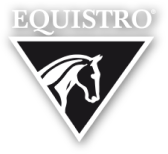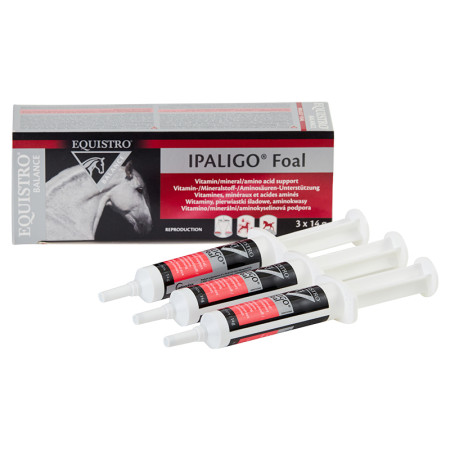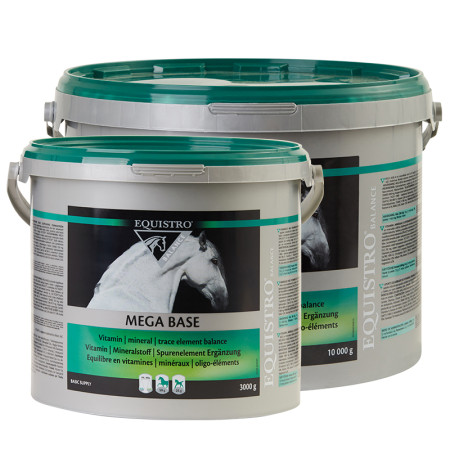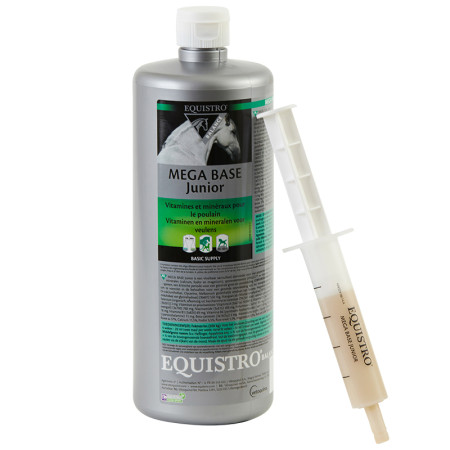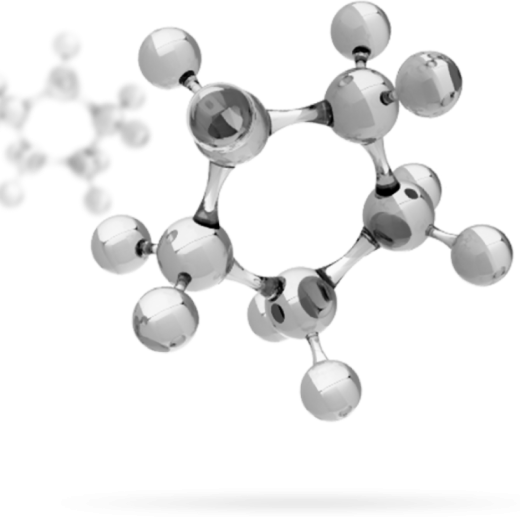
Vitamin D3
Sources
Active calcitriol is derived from ergosterol (vitamin D2, produced in plants) and from 7- dehydrocholesterol (produced in the skin). Vitamin D2 is found in sun-cured hay, particularly alfalfa. Vitamin D3 is abundant in some fish oil. Vitamin D3 is stored in adipose tissue and it is estimated that the horse when supplemented adequately has between 3 to 6 months of vitamin D supply.
Daily Requirements
Not calculated.
Based on the maximum amount of Vitamin D2 in specific supplements, the daily orally administered intake should overexceed 20.000 IU/100g feedstuff.
Deficiency
Decreased feed intake, reduced growth rate, bone demineralisation and osteomalacia can be results of vitamin D3 deficiency which seems to be not very common in horses and only may occur due to lack of sunlight exposure or fed only concentrated feed.
Excess
Excessive doses of vitamin D, especially by injection, can quickly lead to toxic tissue damage (e.g., calcification of soft tissues), lameness and kidney failure in the horse.
Daily oral doses of more than 3,000 IU/kg body weight can even lead to the death of the horse after a period of more than 4 months.
Important to know
When exposure to sunshine is restricted, or especially young horses are fed for rapid growth and development of bone (e.g., Race Horses at an early age), there may be some basis for supplying extra amounts of vitamin D.
